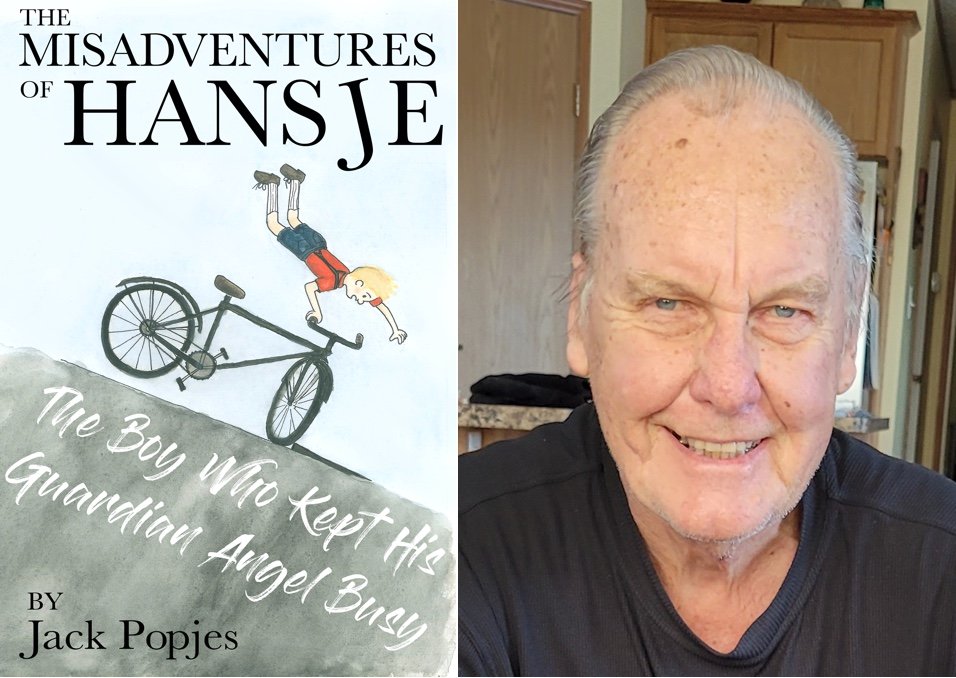A life with ragged edges - writing our memoirs
by Rebecca de Saintonge
(Kent, England)
OURSELVES AS CHARACTER
It was a revelation to me when I first heard someone say that when writing memoirs you must remember to think of yourself as a character. Once we are on the page, we too have become a character in a book to be managed for the purposes of our story, for what we are trying to say. This is liberating and gives us a useful sense of distance from the events that take place and our responses to them. It helps us to be objective and the discipline we apply to other characters and how we reveal them, we can apply to ourselves as the subject of the autobiography.
So when you write about yourself, use your memory, but also your writer's eye. Your writer's eye is both objective and engaged. You enter in, trying at one level to empathize with your characters, including yourself, and yet you remain an observer, forever on the outside. Wordsworth, you recall, described poetry as emotion recollected in tranquility. He experienced it, then, as a poet, he distanced himself to observe the experience. That's a bit what I'm getting at.
THE COMPLEXITY OF CHARACTER
Writing autobiography is of course, not just about us. We're writing about all the others who people our lives, our memories, our realities, so a good autobiography will have characters, in the same way that a work of fiction has characters. Some characters will just be vignettes, people who pass through the story temporarily, but there will be a core of permanent characters, and these must evolve as the narrative progresses.
What makes character? It has been said that a good character has internal conflict. This makes for inconsistency, sometimes, for unpredictability. Some authors say you have to know characters inside out, to have their psyche at your finger tips. That may be OK for fiction, but we are writing non-fiction, writing about people who really have or do exist, and who have lived lives that are not mere fiction, lives that, because we are not their authors, we cannot know "inside out", however intimately we are connected to them. Our role then is primarily to observe, but to observe with such sensitivity that we can detect paradox. We don't have to try to resolve these conundrums, not even when the paradox involves ourselves. We just have to reflect them. This sensitivity to complexity is what can give our narrative depth.
I suppose what I am saying is that there can be a tendency, when writing autobiographical material, to tie things up into parcels, to concretise emotions or reactions because then they're dealt with, and we know where we are. This is what Mum was like, this is what happened, and this is what I feel/felt about it. In wanting to understand ourselves we can end up putting ourselves, and others, into boxes, for neatness' sake. Perhaps that's something to be wary of. As people we evolve, and so we must allow the characters in our narrative to evolve, and to surprise us sometimes, to act "out of character", to be confusing. Our lives and personalities will always have ragged edges, and our memoirs should reflect that if they are to ring true.
Join in and write your own page! It's easy to do. How? Simply click here to return to Writing Tips.

This is Jack Popjes and one of his published books. He and I worked on multiple projects. He's met many goals.
Meet your writing goals in 2023.
Free Newsletter
Sign up below for
Editor's Notes
Inspiration and Writing Tips
and receive tips
to maximize
your use of MS Word.
Click for more information
and archived copies...
Or sign up using the form below
to start your subscription right away.



